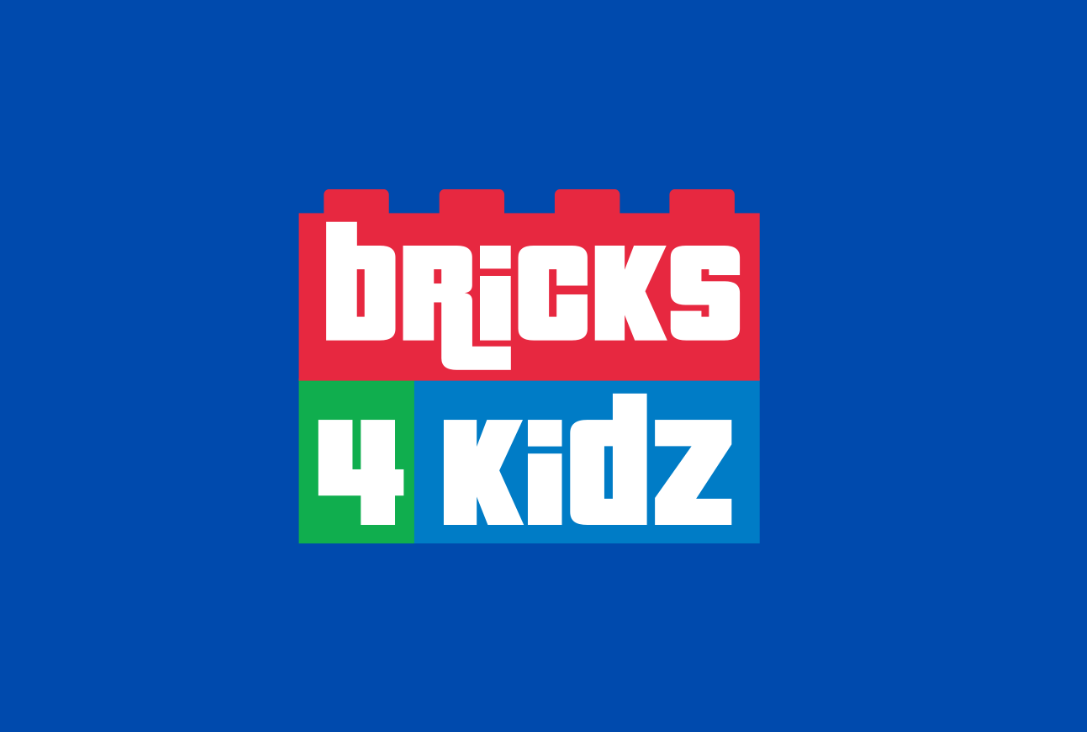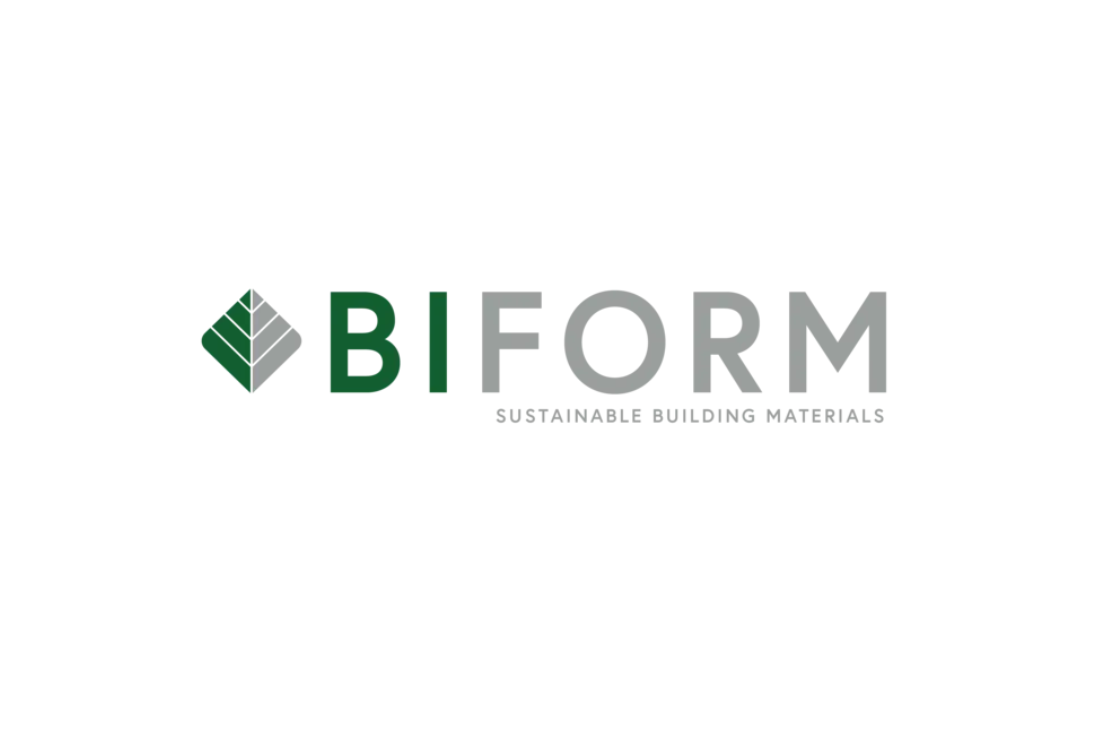The idea of turning your successful business into a franchise can be incredibly appealing. Franchising allows you to expand your brand, increase revenue, and replicate your success in different markets without bearing all the costs and risks of running multiple locations yourself. However, not every business is suited for franchising. Before you decide to franchise your business, it’s important to assess whether your business model is ready for replication. In this article, we’ll explore key factors to help you determine if your business is franchisable.
1. A Proven and Profitable Business Model
The most critical factor in determining if your business is franchisable is whether your business model is proven and profitable. Franchisors are looking for a model that works consistently and can be replicated in different locations. If your business is profitable and has a track record of success over a period of time, it’s more likely that other entrepreneurs will be interested in buying into your franchise.
A successful business model includes a clear value proposition, a competitive advantage, and a product or service that consistently meets customer needs. If your business is still in the early stages or hasn’t shown consistent profitability, franchising may not be the best option until these issues are resolved. Additionally, the business model should be flexible enough to work in various locations and markets, considering different customer demographics and regional preferences.
2. Strong Brand Identity
A strong, recognizable brand identity is essential when considering franchising. A franchise is essentially an expansion of your brand, and potential franchisees need to feel confident that your brand will resonate with customers in new markets. Your brand should have clear messaging, a well-established reputation, and a loyal customer base. This includes your brand’s name, logo, marketing materials, and overall customer experience.
If your brand is relatively unknown or lacks a solid reputation in your industry, it might be challenging to attract franchisees. A recognizable and trusted brand is an asset in franchising because it attracts customers and makes it easier for new franchisees to generate sales quickly. Ensure that your branding is well-defined and consistent before considering franchising as an expansion strategy.
3. Scalable Operations
Franchising requires a business model that can be scaled easily and efficiently. Your operations should be standardized and documented, including everything from the product or service you offer to how employees are trained and how day-to-day activities are carried out. Franchisees will rely heavily on your operations manual to replicate your success, so having well-established systems and processes is essential.
If your business is too dependent on a particular location, a specific team of employees, or local suppliers, it might be difficult to scale. Franchising works best when you can standardize key elements like training, inventory management, marketing strategies, and customer service practices. Your business should be able to function effectively and profitably in a variety of locations, with minimal adjustments required for each new franchise.
4. Replicable Processes and Training Programs
One of the most important aspects of franchising is the ability to replicate your business model with minimal variation. Franchisees are buying into a system that they can follow to operate their own business. For this to work, your business must have well-documented and replicable processes for every aspect of the operation.
This includes detailed training programs for franchisees and their employees. Can your staff easily follow the same procedures that you use to run your business? Is there a system in place for training new employees, and can this training be effectively transferred to new locations? Franchisees will rely on your training programs to ensure consistency and quality across all locations, so these programs must be thorough, scalable, and easy to implement.
5. A Large and Growing Market
For a business to be successful as a franchise, there needs to be enough demand to support multiple locations. If your business operates in a niche market with limited customer demand, franchising might not be the right move. On the other hand, businesses that serve broad, growing markets with widespread demand are much more likely to succeed as franchises.
Look at your industry’s overall growth trends and customer demographics. Is the demand for your product or service increasing? Are there untapped markets that could benefit from your offering? If your business operates in an industry with high growth potential, franchising can be a good way to capitalize on that demand and expand into new markets. If your business is based in a declining market or has a limited customer base, franchising may not be sustainable in the long term.
6. Franchisee Support and Profitability
Franchisees are essentially entrepreneurs who buy into your system with the expectation of running a profitable business. For your business to be franchisable, franchisees must have the potential to make a profit. This means your business should offer strong margins, be relatively easy to operate, and provide a clear path to success for franchisees.
Before franchising, assess how profitable your business model is for franchisees. Do you have financial projections for potential franchisees to review? Can franchisees expect to recoup their investment in a reasonable amount of time? Franchisees will be looking for a business with strong profitability potential, so providing clear and realistic financial expectations will make your franchise offering more attractive.
Additionally, your business must be able to provide ongoing support for franchisees, including operational advice, marketing assistance, and a system for managing quality control across locations. Franchisees will expect to receive training, resources, and guidance as they operate their own businesses, so it’s crucial that you have a comprehensive support system in place to ensure their success.
7. Legal and Financial Preparedness
Franchising involves significant legal and financial considerations. You must be prepared to meet all the legal requirements associated with franchising, including creating a Franchise Disclosure Document (FDD), registering with the appropriate state authorities, and adhering to franchise laws and regulations. It’s advisable to work with an attorney who specializes in franchising to ensure that you are compliant with all legal requirements.
Additionally, franchising requires a substantial financial investment. You’ll need to budget for the creation of training materials, marketing support, franchisee recruitment, and ongoing operational support. It’s important to ensure that your business has the financial stability to handle the costs of franchising and that you can afford to invest in the expansion of your brand.
Conclusion: Is Your Business Ready for Franchising?
Franchising can be a highly effective way to expand your business and achieve significant growth, but it’s not right for every business. To determine if your business is franchisable, you need to assess whether you have a proven and profitable business model, a strong brand identity, scalable operations, replicable processes, a large and growing market, and the ability to support franchisees. You should also be prepared for the legal and financial complexities of franchising.
If your business meets these criteria, franchising could be the perfect opportunity for expansion. However, if your business model still needs refinement or your market is too limited, you may need to focus on improving these aspects before venturing into the world of franchising. Ultimately, franchising requires careful planning and preparation, but with the right foundation, it can help take your business to new heights.









